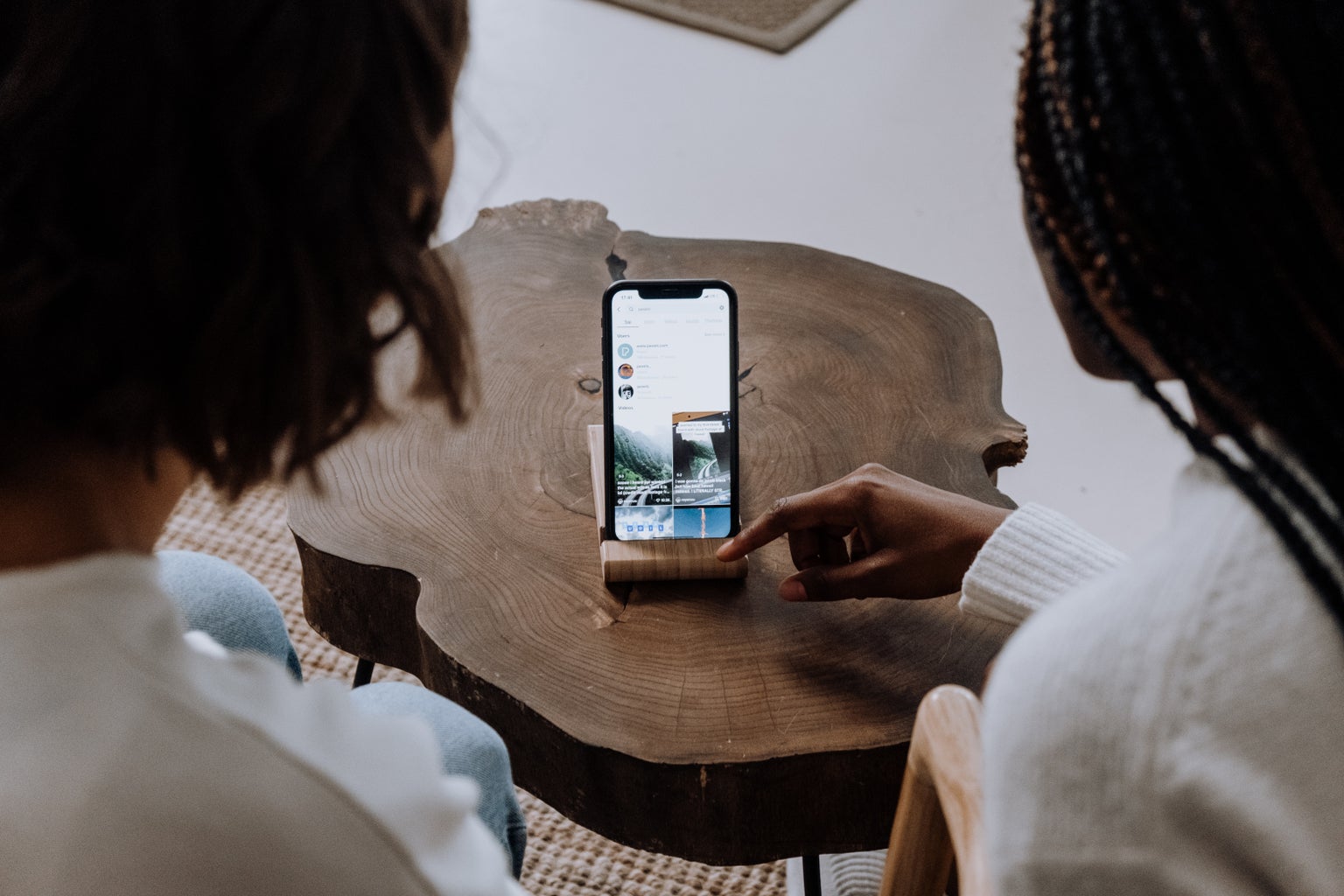I recently read a Substack essay by Charlie Squire, in which they made the argument that we as consumers don’t have a choice in wellness culture. That is, we are constantly pushed to this ideal of self-improvement. While we may think we have the final say in what lash serum we buy or which moisturizer we use, ultimately there is no choice because “contemporary marketing operates by transforming fear into desire.” I think this concept can be extrapolated to influencers as well, even if we don’t actively think about it in that way. Fear, in this case, would be of not fitting in, and the desire would be to buy products that will remedy that.
When Alix Earle tells you what product she uses in her waterline or Victoria Paris raves about how good Skims is, we subconsciously make associations between that product and proximity to the influencer. If you buy the same eyeliner, then you are one step closer to being the next It Girl. In this way, influencers don’t just sell products when they promote them, they sell the very idea of themselves. Daniella Wagstaff, who studies the psychology of social media, explains, “If you’re constantly being presented with false information or information that is biased, then your schema [a cognitive representation of your sense of self, other people and products] is biased. It doesn’t represent the real world.”
Influencers, as opposed to traditional celebrities, bring a level of relatability to their audiences. Anyone can become an influencer and achieving this level of fame is a status that many people strive for because it means that you have made it as someone who is part of the “in-group.” At that point, you are the one creating the in-group.
Influences lure their followers into a false sense of fulfillment, satisfaction, and choose through buying the products that they promote when in reality, it’s in their nature to promote consumerism. As women especially, we are constantly trying to fulfill the idea of what we should be in order to fit in and be respected, and this desire oftentimes runs so deep that it clouds our ability to understand who we are outside of that image. If I buy a Skims matching set and put my hair in a slick back bun, then I’ll be a better version of myself as a clean girl. This constant pursuit of growth to align yourself with the current trends is exhausting and leads to the problem of microtrends and overconsumption.
Now on TikTok, we are seeing a shift to “de-influencing,” in which people post videos of themselves telling you not to buy a certain product that is trending. It’s interesting to see some acknowledgment of the harm that influencers may do unintentionally, but there is a group of people participating in this that aren’t encouraging people to not buy a product, but rather giving alternatives, or “dupes”, to trending products. This type of de-influencing is more akin to greenwashing, where corporations try to uphold their public image (in the case of influencers, this would be their relevance), while doing very little in reality to make their practices less destructive.
It will be interesting to see how de-influencing affects trends and the economy, as well as whether it will continue to be a mainstream practice. Even more interesting is the question of if de-influencing will compel people to resist the temptations of influencers or if they will become victims to the cycle of overconsumption the revolving door of self-image.




